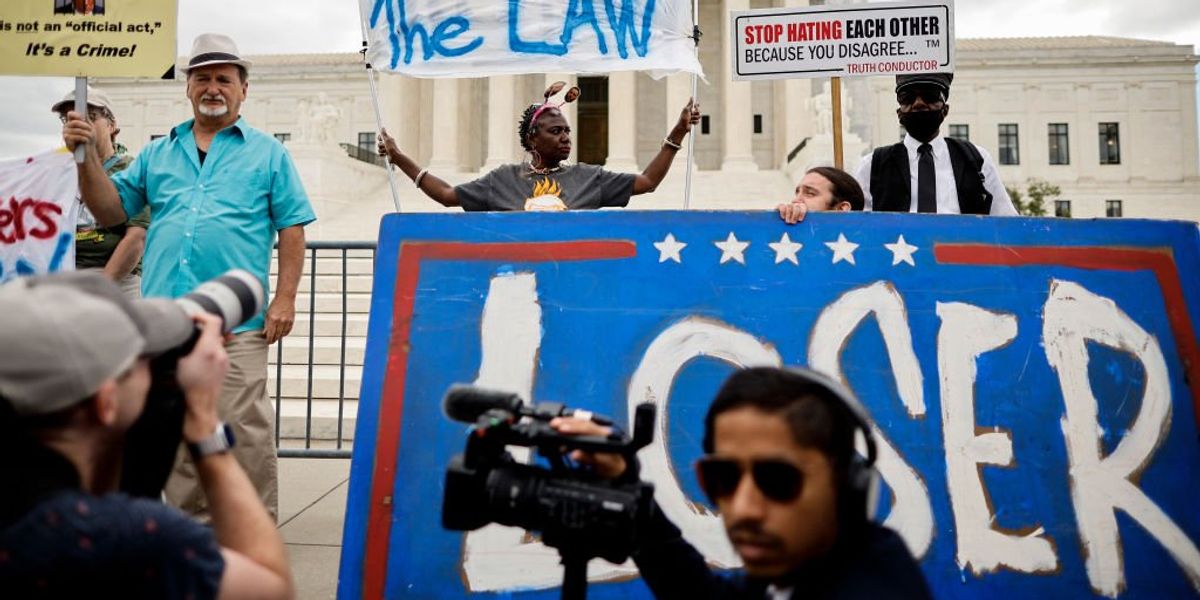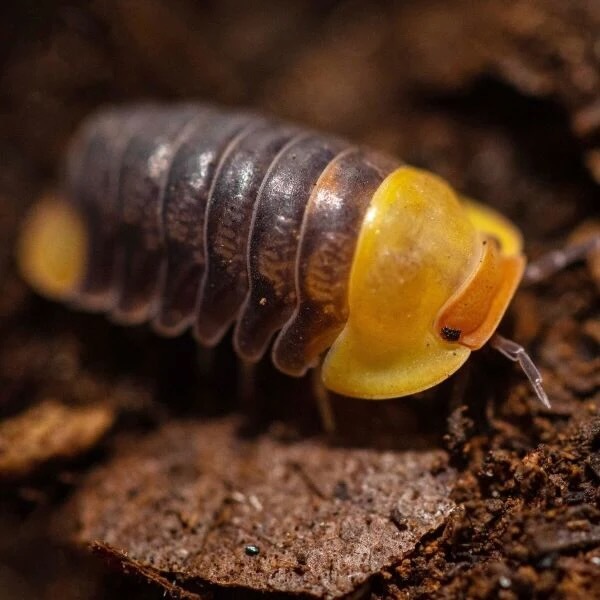I thought we already knew that he was selling pardons.
Yes, but now he could do it legally (well full immunity making legality
mutemoot).Hey, just FYI, the term is actually “moot”.
Not trying to be rude, I just I know I prefer to be told about stuff like this ❤️
I thought it was “moo.”
naw. that’s when legality needs less cowbell
It’s a cow’s opinion. It’s moo.
He made sense there
Less cowbell? How am I supposed to cure my fever?
Have I been living with Joey too long, or did that actually make sense?

Ah good catch, not sure if I mistyped or mobile auto-correct got me. I think I even looked the word up to make sure I was spelling it correct (I always want to add an “e” on the end). And no rudeness taken on this side, I appreciate it. Thanks! =)
Yes but now he can be even more explicit about it, put it right in official communications.
Now fortified with immunity! A part of a complete
breakfastautocracy.And wasn’t it basically already legal? I don’t think there’s a lot of regulation around it (at least as codified in law, I know in the last few decades presidents deferred to a vetting process through DOJ, but none of that is mandatory).
The president’s power to pardon federal crimes is not really limited in the constitution except to exclude cases of impeachment. That is generally accepted to mean that the power of the pardon is otherwise nearly unlimited except perhaps that one cannot pardon oneself. There is no specific rule or law against giving a pardon in exchange for payment, though it is clearly considered by most as unethical.
There is no specific rule or law against giving a pardon in exchange for payment
Yes there is: 18 USC § 201 (b) (2).
Granting the pardon isn’t the part that’s illegal; soliciting or receiving the payment in exchange is. The ruling doesn’t change that, but could make the prosecution of that act more difficult in certain edge cases.
Thanks for correcting me. Always happy to learn!
wouldn’t they be called “indulgences”?
Good question. Someone could write a thesis or two about it.
And nail it to the doors of the Capitol
No, Trump needs to brand everything. There’s be Trumpulgences, or Trumpdons.
Oh, just one more pardon. Treat yourself!
Price: your help in overthrowing the American government for me.
Line forms on the right.
He has stated that he wants to pardon everyone for Jan 6th, and will likely pardon anyone willing to be his militia against the Left/immigrants. The Supreme Court has thrown gas on how fast they are going to be able to go through the whole Project 2025 playbook.
And all the people saying “but the lower courts get to decide if it’s an official act” are ignoring the fact that the courts are so slow it won’t even matter, all the damage will be long done
If it makes you feel any better, with the age of these two candidates and the speed of the courts it’s likely that it didn’t actually matter before the ruling. They’re not exactly consequences if they happen after you’ve died peacefully of old age.
And they’re also ignoring that every single one of the courts to which the Supreme Court are referring are subordinate to the Supreme Court and may be overruled by the Supreme Court at any point after a case enters the federal court system.
I’m baffled at how people can completely miss such an obvious progression.
And Mr. Kiriakou was separately told that Mr. Trump’s personal lawyer Rudolph W. Giuliani could help him secure a pardon for $2 million. Mr. Kiriakou rejected the offer, but an associate, fearing that Mr. Giuliani was illegally selling pardons, alerted the F.B.I. Mr. Giuliani challenged this characterization.
2021
wont someone rid us of this orange turd
“could”? Will (if elected).
A cursory reading of the decision (PDF), and most reporting on it do suggest that it allows the president to sell pardons. Clarity that it does not can be found in a footnote, which reads in part:
JUSTICE BARRETT disagrees, arguing that in a bribery prosecution, for instance, excluding “any mention” of the official act associated with the bribe “would hamstring the prosecution.” … But of course the prosecutor may point to the public record to show the fact that the President performed the official act. And the prosecutor may admit evidence of what the President allegedly demanded, received, accepted, or agreed to receive or accept in return for being influenced in the performance of the act… What the prosecutor may not do,however, is admit testimony or private records of the President or his advisers probing the official act itself.
Who’s going to prosecute him? He can just imprison or fire anyone who tries.
This is presumably in reference to a past president, who would not have those powers. The legal issues surrounding prosecuting a sitting president have not been explored, and this ruling does not address them directly as they were not relevant to the case.
But Trump won’t be a past president because he won’t leave office until he’s dead. He’ll never be prosecuted, and he knows it.
The risk of something like that happening is not closely connected to anything in the ruling we’re discussing here. If a president manages to hold on to power after losing an election or reaching a term limit, the situation has devolved far beyond ordinary criminal prosecution; the constitution is no longer being enforced at that point.
This ruling is what gives him the immunity to prevent enforcement of the constitution.
Have you read the ruling?
I have a different take and I think the Chief Justice is being intentionally vague here. He references a bribery prosecution but never specifically mentions in the footnote whether he is referring to the issuance of a pardon, which is a core function, and thus entitled to absolute immunity based on the rest of the opinion. It’s also not clear whether he is referring to a prosecution of the briber or the person being bribed.
Reading Justice Barrett’s partial concurrence, which is what the footnote responds to and also included in the linked ruling addresses your concern. Justice Barrett is unambiguously talking about prosecuting the president for accepting a bribe.
The federal bribery statute forbids any public official to seek or accept a thing of value “for or because of any official act.” 18 U. S. C. §201©. The Constitution, of course, does not authorize a President to seek or accept bribes, so the Government may prosecute him if he does so.
Except a pardon is a core function within the president’s constitutional authority, not just an official act, thus based on the opinion entitled to absolute immunity. The footnote exchange is only referencing official acts (which are entitled to presumptive immunity) not core constitutional functions (like a pardon).
Accepting a bribe is, however not an official act. It’s the acceptance of the bribe that’s illegal, not the official act itself.
Yes please and I bought a really nice house but the neighbors giant sequoia tree keeps dumping debris on my roof tiles. Can we legally cut it or burn it down?












